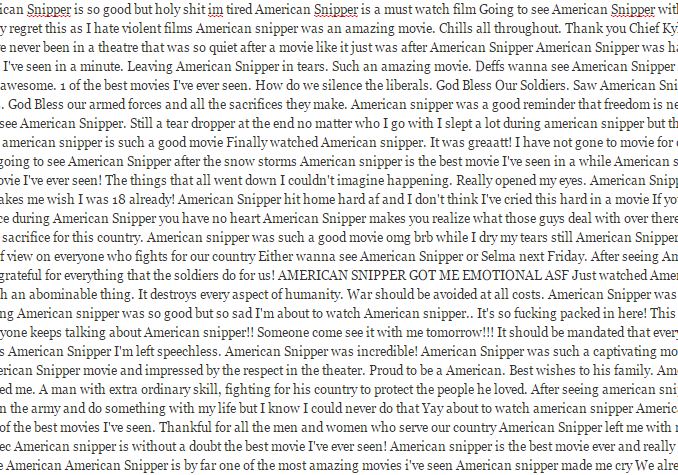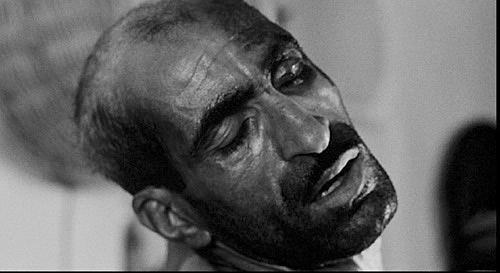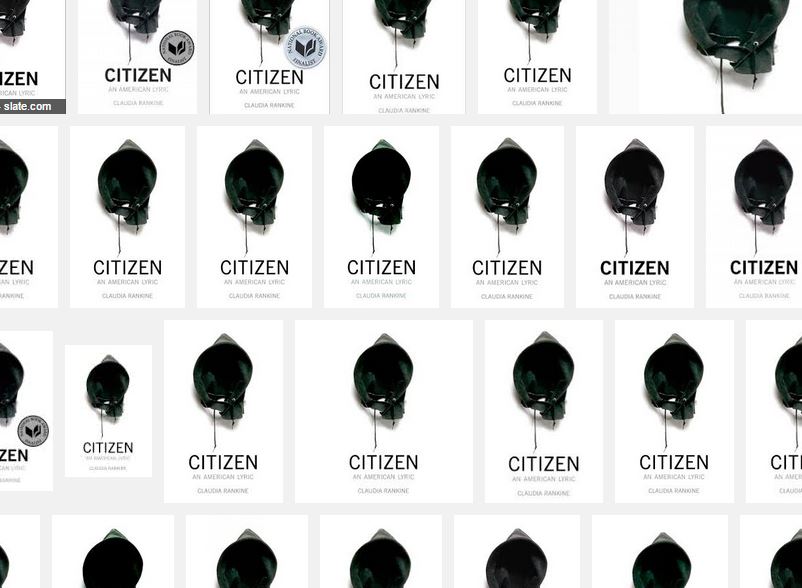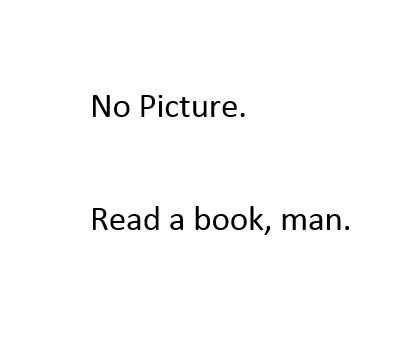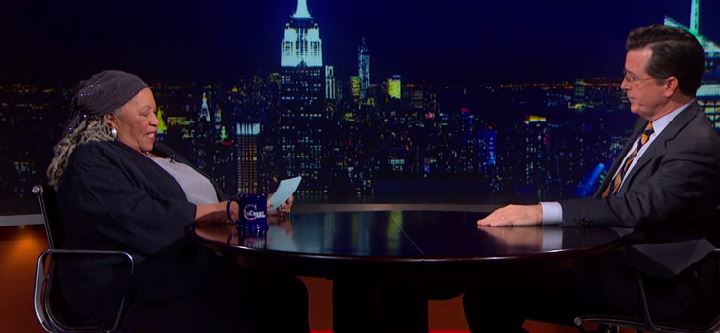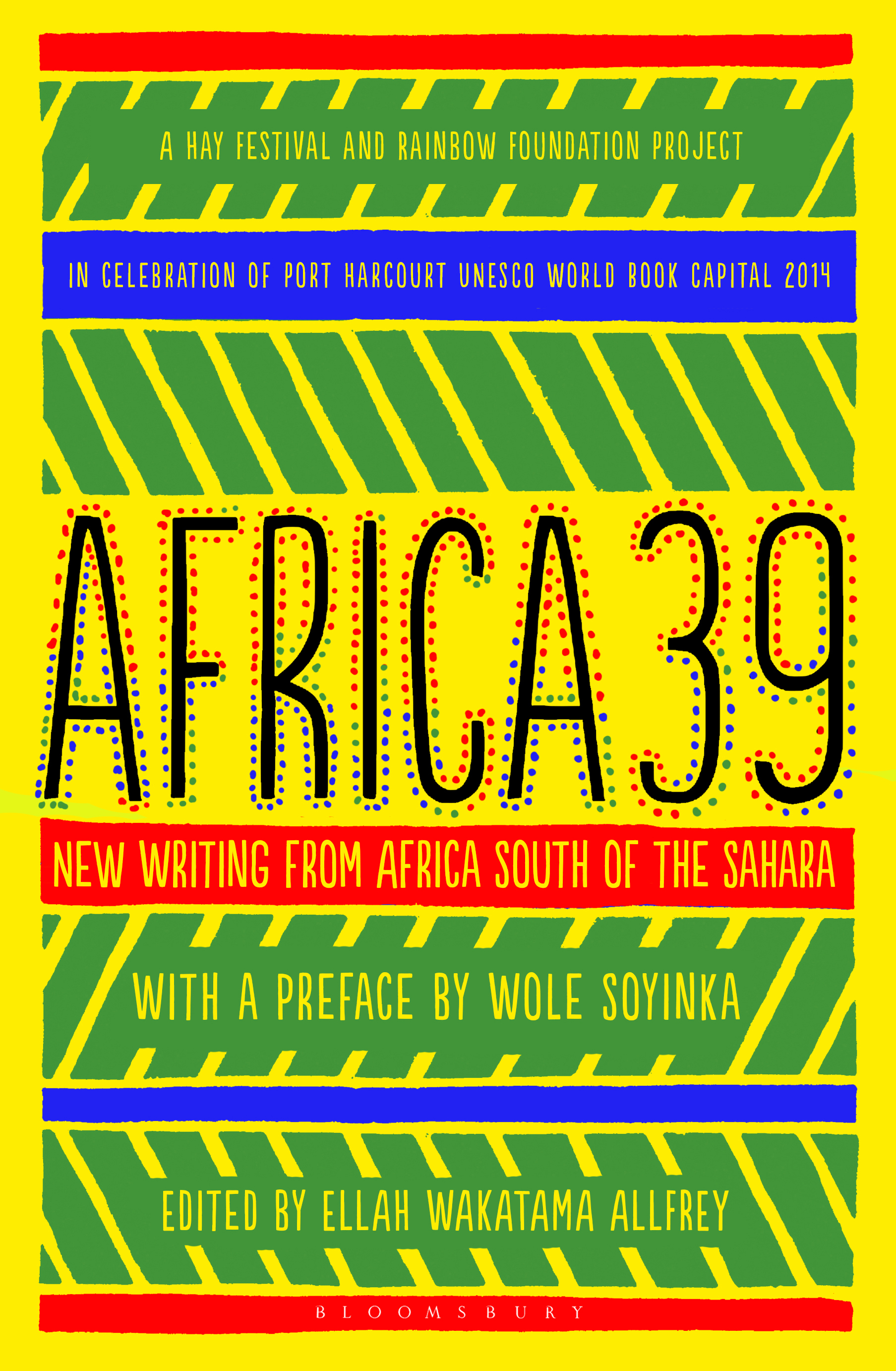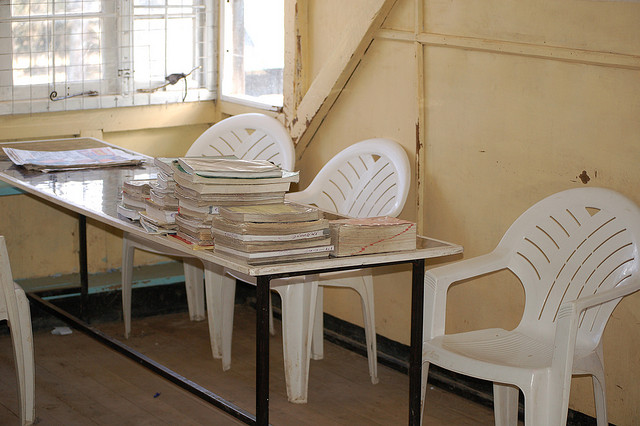The Things We Do
A short excerpt from Jennifer Nansubuga Makumbi's, Nnambi, a work in progress
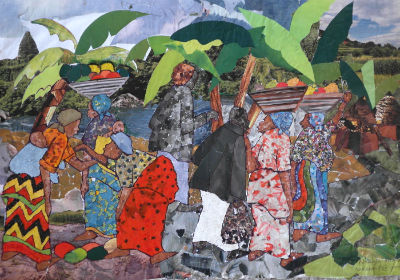
Jennifer Nansubuga Makumbi is one of my favorite new novelists--see my profile of her "Let’s Tell This Story," and my interview with her, "Postcoloniality Sells"--and she's allowed me to post a short excerpt from her second novel, Nnambi, a work in progress. The novel is about a ten year old girl, Kirabo, growing up under the shadow of an absent mother. May 1975 “Once a day came?” Kirabo’s ten years old voice cut shrilly through the chatter of the teenagers. Their heads turned. The silence that fell could have brought down trees. Two dozen eyes bore into Kirabo. For some time, because of the silence, Kirabo’s call resonated in the air. Gradually, the teenagers’ ‘how dare’ turned to sullen anger. Another child might have been intimidated by the umbrage. Not Kirabo. She stared straight, her mouth in a defiant pout. She was the kabejja… Read More...

